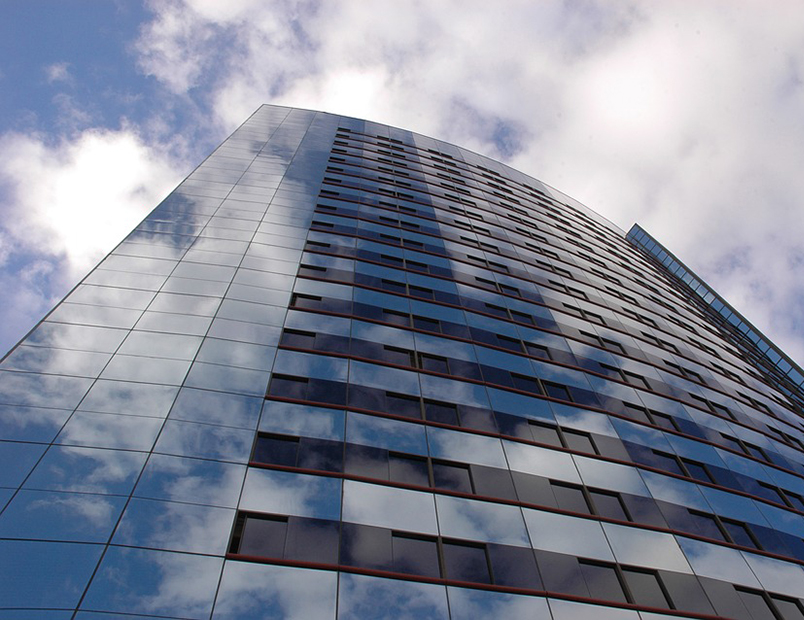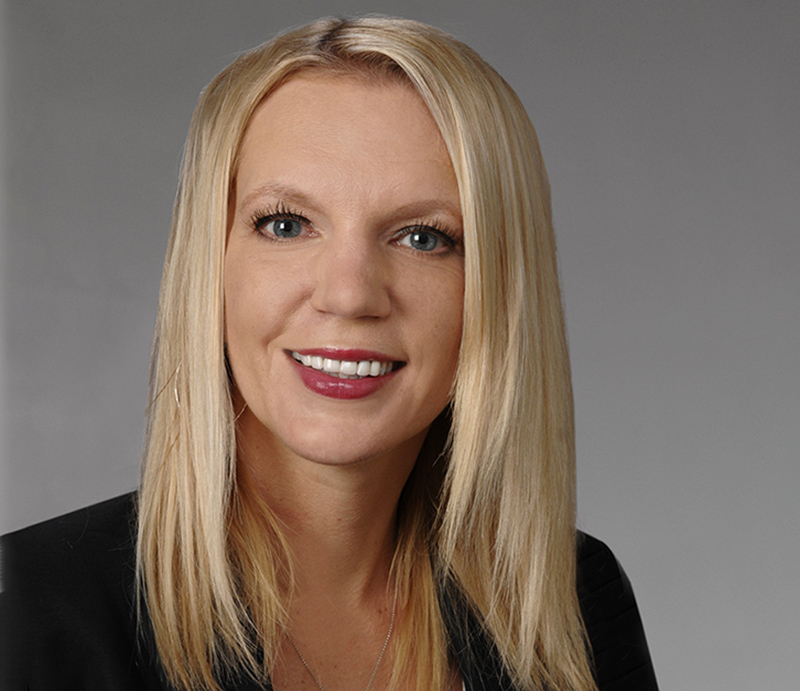The Front Line: How Property Managers Cope With COVID-19
Building operators are relying on their business continuity plans to keep buildings running during this crisis.
While economists prognosticate about the impact of COVID-19 on commercial real estate investment returns, property managers are on the front lines, actively helping owners and tenants cope with—and respond to—the pandemic.
CPE spoke to a variety of property managers to see how they how they are addressing the situation at a time when many of their employees may be unable or unwilling to come to work.
READ ALSO: COVID-19 and the Renewable Energy Impact
Staffing and Business Continuity
 Property managers report that their buildings are staffed with essential personal, such as engineers, many of whom have experienced crises before. But it is challenging.
Property managers report that their buildings are staffed with essential personal, such as engineers, many of whom have experienced crises before. But it is challenging.
“We are working diligently to find ways to accommodate people who have difficult commutes, issues with childcare and other hardships brought on by COVID-19,” said Mark Zettl, JLL president of office property management.
At Newport Beach, Calif.-based RiverRock Real Estate Group, the business continuity program includes identifying all critical functions and cross-training for them. “We’ve put all that into motion,” reported Steven Core, the company’s president, during Coronavirus Outbreak: What Real Estate Managers Need to Know, a recent webinar presented by the Institute of Real Estate Management. “If you haven’t put all that into motion, you are already behind the time,” he added.
IREM also released A Pandemic Guide for Real Estate for Real Estate Managers. Building Owners and Managers International, meanwhile, has issued the Coronavirus (Covid-19) Preparedness Checklist.
But technology and low attendance by tenants is allowing some property management personnel to work at home. “What is happening is most tenants have taken a proactive stance and gone to flex hours or working from home,” said Grayson Gill, COO of property management at CBRE, “and that has reduced the workload at the property level and that has allowed us to scale back.”
Cleaning
Property managers are also battling the virus by upped the cleanliness of their buildings. One recommended practice is installing additional hand sanitizers in areas in highly trafficked areas like elevators and entrances. Another is asking cleaning companies which products they use, and whether they are cleaning high-touch areas (such as call buttons, handles, and faucet hardware) with greater frequency.
“You are trying to take the disinfection of the restrooms and take it to the rest of the building,” Gill explained. “We are potentially following the CDC guidelines and asking that standard be extended to the (entire) square footage of the space.”

Blake Peterson, Senior Vice President/Asset Services, Transwestern. Photo courtesy of Transwestern
Transwestern reports that some of its properties are passing out personal-size hand sanitizer and vitamin packets, as well as setting up flu shot clinics for tenants. The company is also stocking restrooms with facial tissues, which are typically only in employee spaces.
Managers should use as a standard the sanitary precautions they would take in their home, advised Blake Peterson, senior vice president of asset services at Transwestern.
Communications
Throughout the crisis, property managers have played a vital role in informing tenants how to stay safe by relaying information from the Centers for Disease Control and the World Health Organization via email and postings in restrooms and common areas. And, when there is a diagnosis or an exposure, they are working with tenants on how to clean their spaces and alerting other tenants so they can decide how to proceed.
Social Distancing and Common Spaces
While health officials are recommending six feet of “social distance,” property managers typically oversee common spaces (such as conference rooms and restaurants) where that might be difficult to attain. Zettl said JLL is keeping an eye on what he calls a “fluid” situation.
“Currently, some buildings are still operating with full use of their amenity spaces, but with extra precautions to ensure those spaces are clean,” he said. “Those precautions could include deep cleanings, employees wearing gloves, removing as many community touchpoints as possible, and an increased cleaning regimen for the building’s janitorial staff.”
CBRE’s Gill said that while restrictions have been put on restaurants and cafes—such as limiting service to takeout orders—he is glad that establishments are still being able to operate in some capacity. “There has been a very good effort to recognize that these are private businesses that have to stay in business,” he noted.
Tenant Assistance
While this is still early in the crisis, Gill said he anticipates there will be some tenants who ask for rent relief. Some businesses inevitably lack adequate business interruption insurance or a continuity plan. But he also expects that technology will prove to be a major tool for allowing tenants’ businesses to proceed. JLL reports it is working with some tenants to create a business continuity plan if there isn’t one in place.
Getting Back to Work
Property managers are already thinking about how they will work with owners to help tenants resume business in their space.
Knowing that cleanliness will be a big concern, Gill recommends that owners and tenants think about employing a certified industrial hygienist. Used more commonly in the oil, mining and nuclear industries, this real estate service provider will inspect individual spaces and the path of travel within those spaces and prescribe a customized cleaning plan, including the frequency at which at which certain surfaces should be cleaned.
“This will pass,” he said. “People will want to get back to work and we’ll support them in that effort.”







You must be logged in to post a comment.